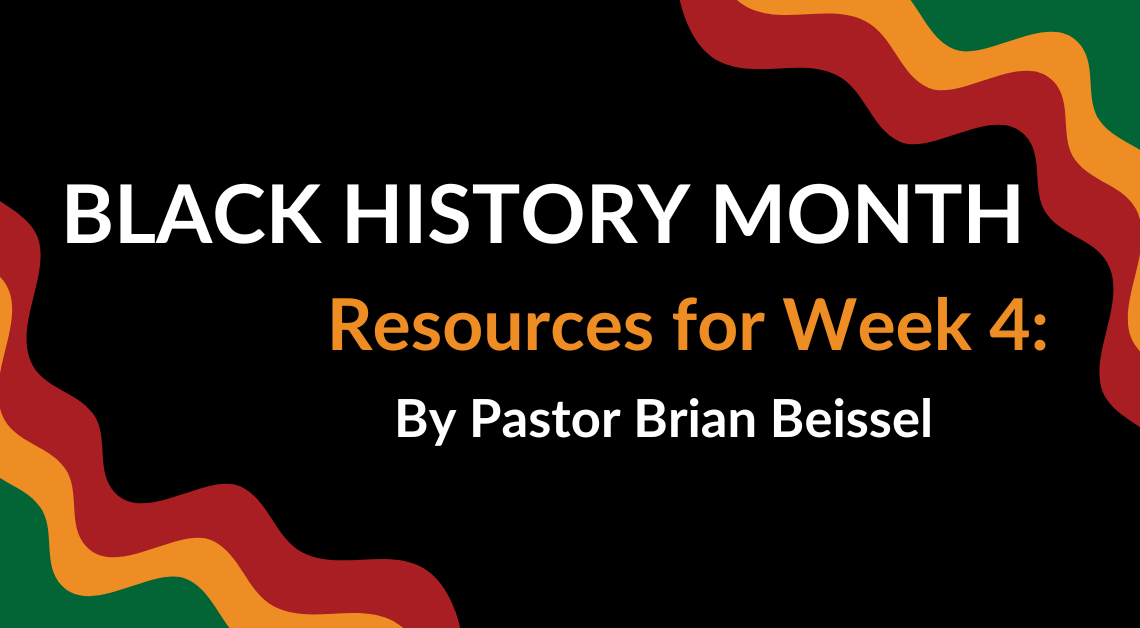
February is Black History Month, a time to reflect on the struggles, achievements, and ongoing contributions of Black individuals and communities.
Throughout February, our synod's Racial Justice Team will share weekly resources and practical ways to engage in justice ministry, both in your congregation and daily life.
Week 4: By Pastor Brian Beissel
Racial Justice is Something I Didn’t Sign Up For!
“Pastor, it’s a shame that we have school districts that have so many minorities.”
This was one of the most heartbreaking comments I’ve ever heard. I serve in Schuylkill County, which is at the last census 90.7% white in its population and 3.8% black, and also 3.3% Hispanic. Yes, I am aware that this adds up to 97.8, and the rest of that is designated as “other”. That comment that you read above? It came not from any parishioner I’ve had, but from someone who attended a funeral that I had led.
It gutted me. Not only do I serve in Schuylkill County, but I grew up there. Not only that, but at the time God had brought into my life a little boy with brown skin, who I would end up raising in Schuylkill County.
This woman didn’t know that. But the message I received, at least on her end, is that people like my son would not be welcome. I’ll be honest with you- I grieved. And then I got mad. And then I decided that neither of those things would work for me in the long term, so I needed to get active about it. One of those things I did was join the Racial Justice team.
I remember going home and telling my wife, and saying, “This woman knew nothing about me, and yet she felt comfortable sharing that with me. This is troubling. I didn’t sign up for this!”
But yes, yes indeed I did. Not only by adopting a black son, but by being a follower of Jesus Christ. Racial Justice work is all over scripture. A central claim of Christianity, including Lutheranism is that Jesus offers full restoration of God in humanity through his life, death, and resurrection. This is without boundaries. This can be seen in the breaking of boundaries in the story of the Ethiopian Eunuch, the Syrophoenician Woman in her discussion with Jesus, and the idea that Paul would take people from Israel to work in the early church in what we now know as Europe. In each of those examples, there was the need to work beyond one’s comfort zone to build the foretaste of the kingdom.
So you, a follower of Jesus Christ (a certainly nonwhite guy by the way), also signed up for this. You signed up to love without boundaries. You signed up to work that love in such a way that you are empowered to stand up for those who others would denigrate. And that means working to advocate when you hear someone speak in ways that are not loving, based on the color of someone’s skin or their country of origin.
